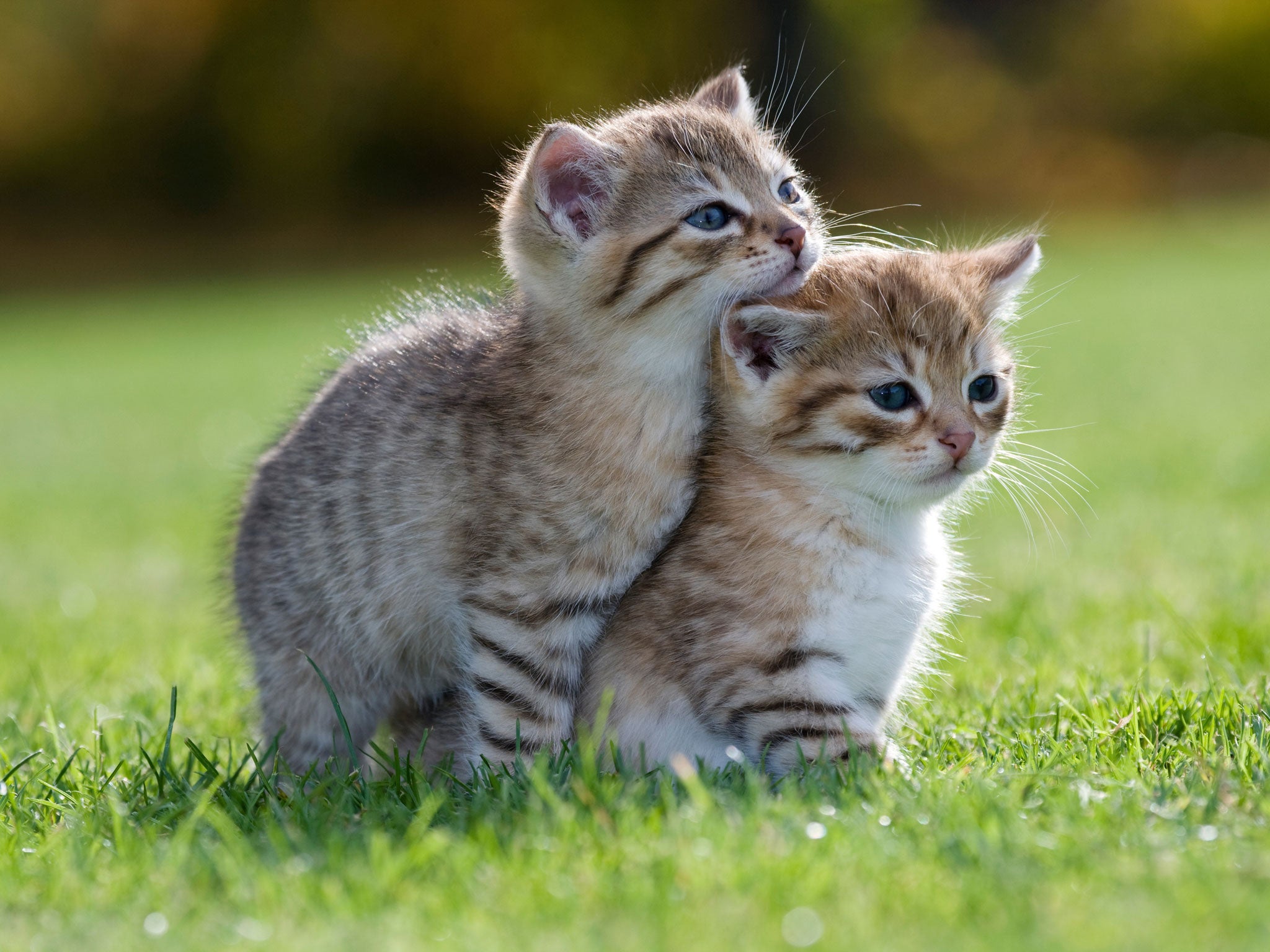Concept of cuteness is 'hardwired from age of three,' say scientists
Even before they start school, children rate puppies, kittens and babies as 'cuter' than their adult counterparts

Your support helps us to tell the story
From reproductive rights to climate change to Big Tech, The Independent is on the ground when the story is developing. Whether it's investigating the financials of Elon Musk's pro-Trump PAC or producing our latest documentary, 'The A Word', which shines a light on the American women fighting for reproductive rights, we know how important it is to parse out the facts from the messaging.
At such a critical moment in US history, we need reporters on the ground. Your donation allows us to keep sending journalists to speak to both sides of the story.
The Independent is trusted by Americans across the entire political spectrum. And unlike many other quality news outlets, we choose not to lock Americans out of our reporting and analysis with paywalls. We believe quality journalism should be available to everyone, paid for by those who can afford it.
Your support makes all the difference.Perhaps it explains their love of cuddly toys and baby animals –children as young as three instinctively recognise “cute” features.
Toddlers view babies, kittens and puppies as “cuter” than their grown-up counterparts, according to a recent study.
And these cute traits, termed “baby schema” by psychologists, are key to encouraging care-giving behaviour in adults.
Previous research had already demonstrated that adults are perceptive of infantile traits, which elicit affectionate behaviour and reduce aggression.
But it was unclear at what stage in a person’s development this intuition first emerges, and how it relates to human-animal interaction.
Marta Borgi, from the University of Lincoln, who led the new research, said: “We already knew that adults experience this baby schema effect, finding babies with more infantile features cuter.
"Our results provide the first rigorous demonstration that a visual preference for these traits emerges very early during development."
She added: “Independently of the species viewed, children in our study spent more time looking at images with a higher degree of these baby-like features.”
The researchers carried out two experiments, which involved children aged three to six looking at images of humans, dogs and cats, to find out how they responded to baby schema.
In the first experiment the children were asked outright to say how cute they found the pictures. In the second experiment, the young participants’ responses were measured by tracking their eye movements, to see which features they were drawn to.
The images had been digitally manipulated to include infantile traits - and the same images were also altered to make them appear less cute.
Ms Borgi said: “Interestingly, while participants gave different cuteness scores to dogs, cats and humans, they all found the images of adult dog faces cuter than both adult cats and human faces.”
The research, published in the journal Frontiers in Psychology, will inform research to help minimise risk factors involving pets, such as dog bites.
Professor Kerstin Meints, from the University of Lincoln's School of Psychology, who supervised the research, said: “We have also demonstrated that children are highly attracted to dogs and puppies, and we now need to find out if that attractiveness may override children's ability to recognise stress signalling in dogs.
"This study will also lead to further research with an impact on real life, namely whether the 'cuteness' of an animal in rescue centres makes them more or less likely to be adopted."
Additional reporting by Press Association
Join our commenting forum
Join thought-provoking conversations, follow other Independent readers and see their replies
Comments